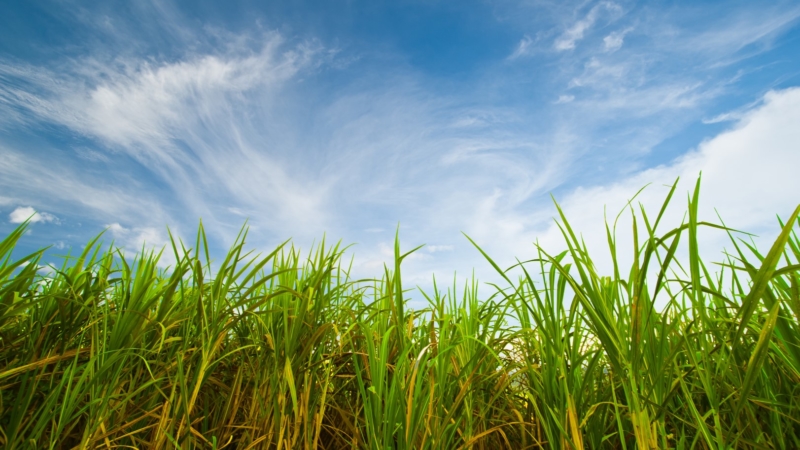Research in Louisiana Supports Sustainable Sugarcane Production
America’s sugar producers are constantly working to develop new technologies to further our mission to produce sugar, sustainably. These advances in technology not only help protect the environment, they also help sugar growers increase efficiencies and stay profitable.
Louisiana State University (LSU) is at the forefront of sustainable sugarcane production. Dr. Kenneth Gravois is a sugarcane specialist at the LSU AgCenter who works to improve sugarcane varieties. As the son and grandson of farmers, making a difference in an industry that is at the heart of his community is a personal mission, as well.
The goal of Dr. Gravois’ research is to increase yields with varieties that provide more tons of cane per acre or higher sucrose levels. Or protect yields with varieties that are disease and insect resistant.
“We are spraying a whole lot less insecticide today than we were 10 years ago, 20 years ago, 50 years ago,” Dr. Gravois says.
Using less inputs helps both the environment and the farmers’ bottom line, which encourages broader adoption of new technologies or sugarcane varieties.
“We want our growers to be economically sustainable, our markets want a crop every year, so they have to be economically viable,” Dr. Gravois explains.
Keith Dugas is a sugarcane grower that is working with LSU to study a new technology called Green Seeker that allows farmers to apply precise amounts of nitrogen just where it’s needed.
Sensors use infrared light to determine the sugarcane’s Normalized Difference Vegetation Index – or NDVI – which identifies the stress level of plants throughout a given field and determines how much nitrogen each plant needs.
Keith farms land passed down through his family but remarks that if his dad or grandpa could see the technology he is using today “they wouldn’t believe it.”
Keith echoes Dr. Gravois’ remarks about the need to be both economically and environmentally sustainable.
“For the farmers, things are not getting any cheaper. We need to try to get more efficient and with this new technology I think there are ways we can improve and help the environment,” Keith says.





